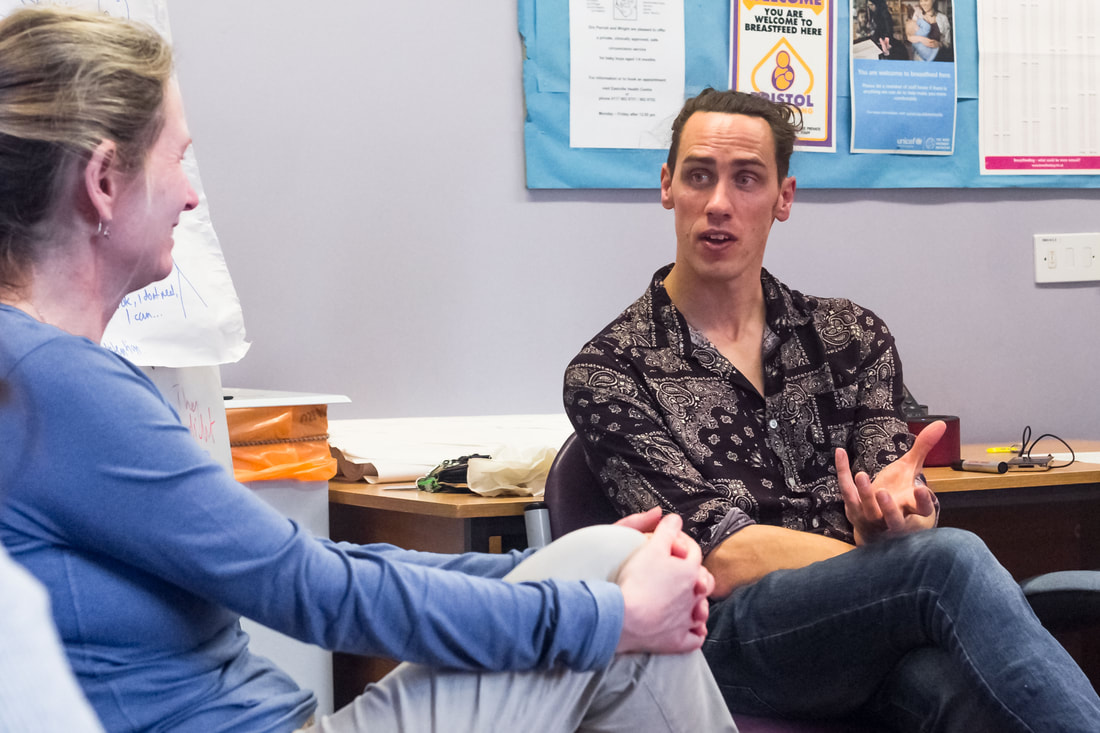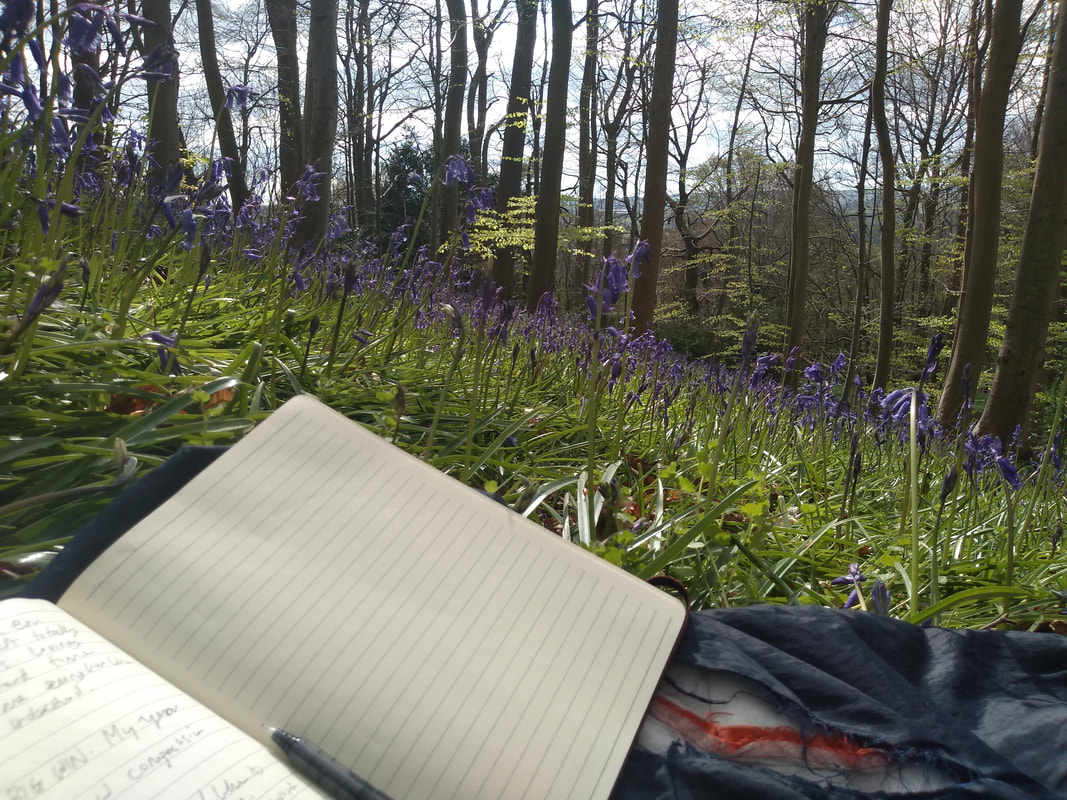|
The real reason I posted this is because the three videos at the bottom blew my socks off. If you want just skip to them - they are worth it! I recently began a formal qualification in Counselling and I'm loving it. I've been a trained coach and mindfulness practitioner for years, but often I found the biggest shifts occur in people when they were given space to express repressed emotions and all I had to do was counsel them. In this short blog I'll write about the main skills and styles in counselling. I hope to complete my counselling training by 2024.
Self Reflection and Personal Development We all have blind spots and as 'helpers' we must work on becoming aware of our own, so that we are capable of holing the counselling space and not accidently end up being counselled by the client. Blind spots could be a belief that some character trait is bad, or a leaning towards certain relationship styles, or a slight prejudice against a certain type of person. Self reflection helps us see and understand ourselves. Integration of blind spots Our job then is to 'integrate them' so that we are less likely to fall into automatic reaction. Integration is the process of maturity, where we discover parts of ourselves that we repress or abandon and bring them into our awareness and make them more cooperative towards our values and goals (This is my definition. There are many others). An example for myself is I know my mind is critical of 'weakness' (because of my past conditioning) and I integrate that by priming useful reminders for myself and I use mindfulness to see a person as they are, not how I think they should be. In a session now, if I notice my critical mind I will thank it and take a breath, remind it that it's OK, and bring my full attention back to the present moment. This could happen within a single second. Styles of CounsellingEveryone has their own style, based on their own understanding of how the psyche actually works. Here is some basic history of the main influences. The three videos below are incredibly useful in showing three main styles used today. We begin though with two big pioneers from the early 1900's:
The three big modern styles - check out the videos! These practitioners from 1960-1990 are shown in striking contrast on the videos above.
My counselling and coaching offer
I work with all these modes in my work, alongside more goal oriented coaching. This blog talks about the difference . If you feel drawn to a particular type of therapy contact me and let's work together. We can all use a little help to discover our repressed patterns of thought and behaviour and integrate them to become more empowered and fulfilled people.
1 Comment
|
AuthorsNeil Morbey is a meditation teacher, group facilitator and inspiration guide for Positively-Mindful.com Blog Index
Archives
May 2024
|


 RSS Feed
RSS Feed